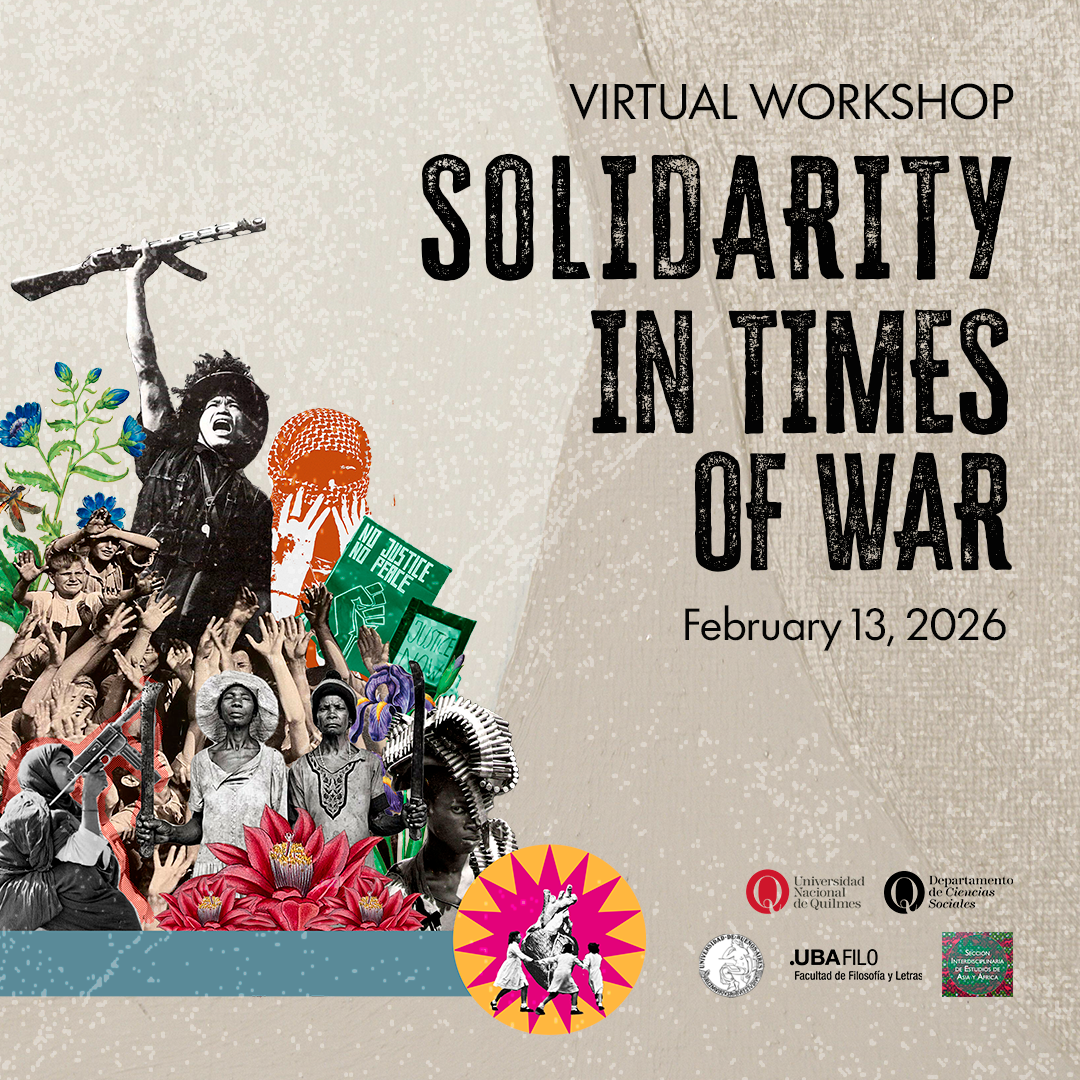This book weaves together gestures and alignments within the visual arts around transnational solidarity during the Cold War era. We survey both grand initiatives and tragic misfires from an entangled, decolonizing world. These events, alliances, and actions are in dialogue and conflict with, among others, the third-way proposal of non-alignment and the rebellious energy of liberation movements. Our starting point was an online issue of Mezosfera magazine (“Refractions of Socialist Solidarity”), in dialogue with the film Two Meetings and a Funeral (2017). The Hungarian premiere of both the magazine and the film was at the Metalworkers’ Union, correlating non-alignment with the trade union movement––two institutions with many inflection points in their complicated histories. Along with film screenings, a series of study groups looked at examples of cross-border solidarity work and the place of Eastern Europe within global histories. As we expanded the reading lists derived from the study group and magazine, a process of assemblage eventually metamorphosed into this anthology. The stories we found often proposed less sunny horizons––dark turns and missed connections came to the forefront. Nevertheless, through it all, many witnesses and participants of those events maintained optimism despite setbacks. Marking the end of a two-year research process, we present this anthology as a mid-journey pause and reflection:transnational solidarity is always worth celebrating and difficult to inhabit.
BUY THE BOOK
https://solidaritydefended.org/shop











You must be logged in to post a comment.